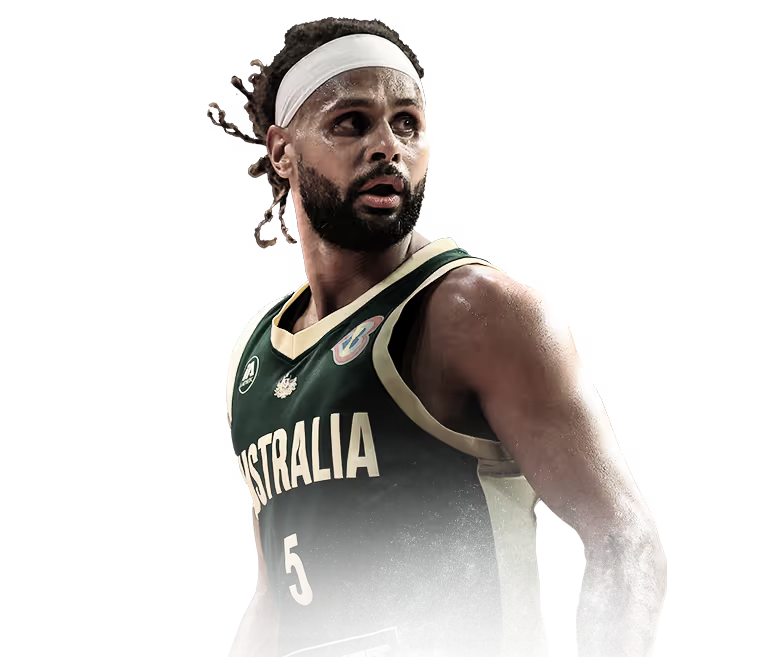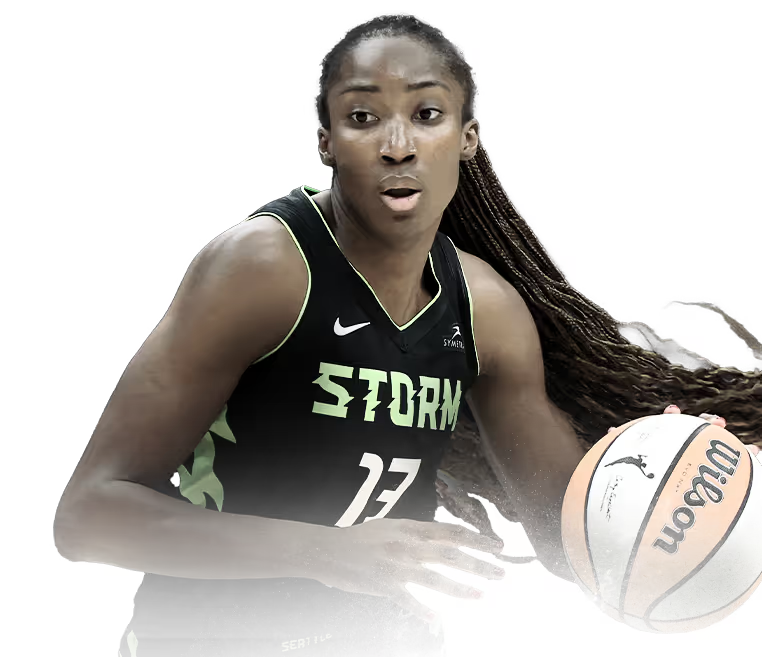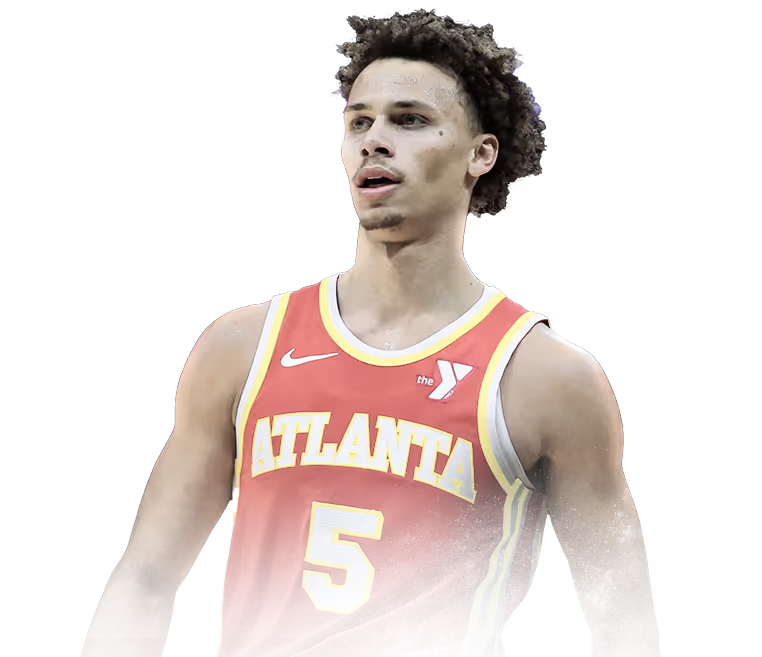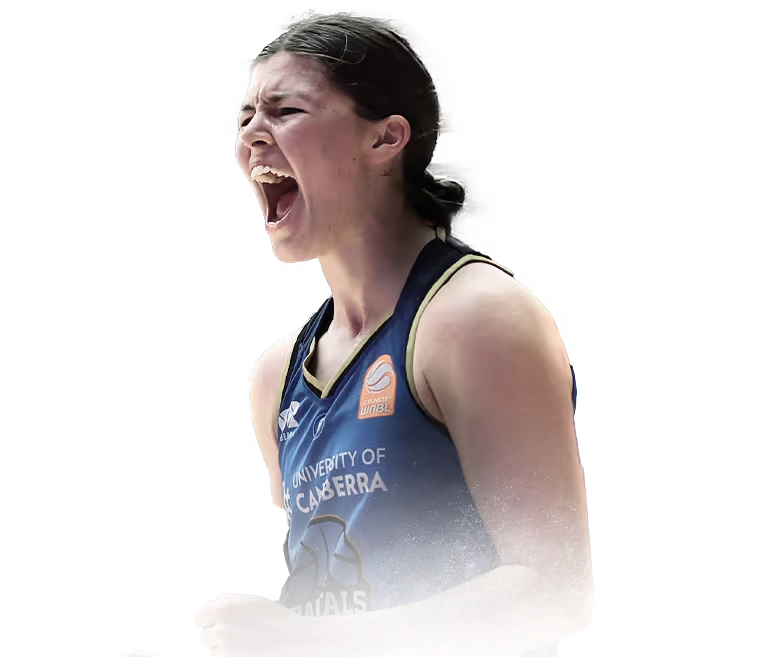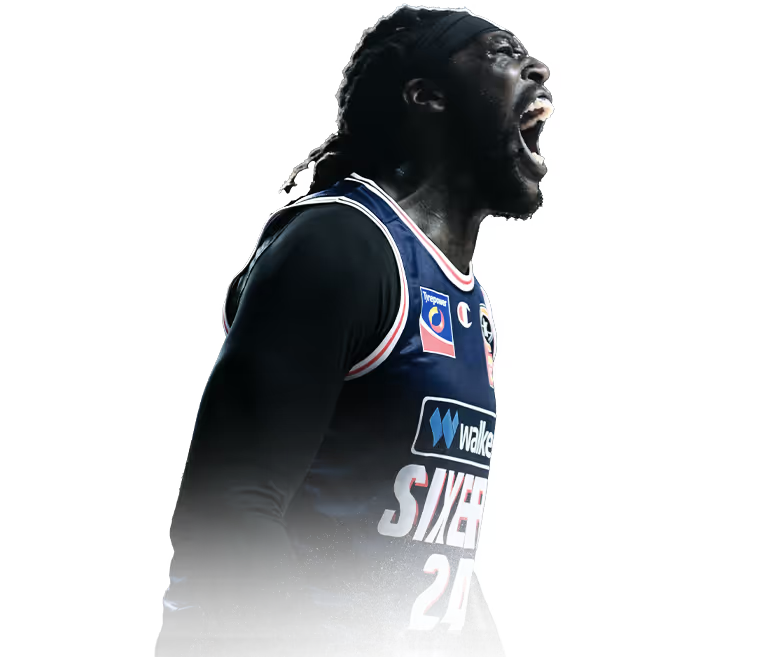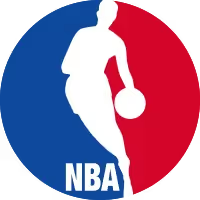

23
May
Ranked
20-to-1: The greatest point guards in NBA history
Ranked: These are the 20 greatest point guards in the history of the NBA
- 25-1: Greatest power forwards in NBA history
- 25-1: Greatest small forwards in NBA history
- 25-1: Greatest shooting guards in NBA history
- Ranked: Top 30 NBA Players of All-Time
Recency bias has put Steph Curry into the conversation as the greatest point guard of all time. There is no doubt Curry is the greatest shooter to ever live and his three-point record is almost impossible to break but is he truly the best floor general of all time?
Utah Jazz legend John Stockton is the NBA's all-time leader in assists, Oscar Robertson was a triple double machine, Bob Cousy the backcourt leader of the Boston Celtics dynasty and, of course, Magic Johnson — five-time NBA champion, three-time MVP and three-time Finals MVP.
So, who is the greatest point guard in the history of the NBA. Here's my list.
20. Derrick Rose

Derrick Rose’s greatness as a point guard lies in his explosive athleticism, fearless play, and historic impact at a young age. In 2011, he became the youngest MVP in NBA history at just 22, leading the Chicago Bulls to the league’s best record and revitalising a storied franchise post Michael Jordan. At his peak, Rose combined elite speed, unmatched body control, and acrobatic finishing to dominate defenses. He wasn’t just a highlight machine — he was a relentless competitor with clutch instincts and leadership qualities beyond his years. Despite devastating knee injuries, Rose reinvented his game, evolving into a savvy scorer and dependable veteran. His resilience and continued production after adversity earned admiration across the league. Rose's blend of explosiveness, skill, and determination made him a singular force and a fan favourite. Even without a championship, he had early success. His inspiring comeback from injury also helps him stand out. Because of this, he is considered one of the best point guards in NBA history.
Accolades: Youngest NBA MVP in history (2011); 3× All-Star (2010–2012); 2009 Rookie of the Year; and All-NBA First Team (2011)
Seasons: 16. Games: 728. PPG: 17.5. APG: 5.2. RPG: 3.3. SPG: 0.7. FG%: 45.5%. 3P%: 31.2%. FT%: 83.1%. Points: 12,377+. Assists: 3,800+. Teams: Bulls; Knicks; Cavaliers; Timberwolves; Pistons; and Grizzlies.
19. Mark Price

Mark Price not only had one of the smoothest jumpers in NBA history he knew how to run his team. He played with precision, poise, and pure shooting touch. Underrated in his era yet revered by purists, Price was one of the NBA’s earliest sharpshooters to master the pick-and-roll and the 50–40–90 shooting benchmark. As the engine of the Cleveland Cavaliers in the late 1980s and early ’90s, he tormented defenders with his quick release, basketball IQ, and ability to create for teammates while scoring efficiently. At just 6 feet tall, Price defied the physical demands of his position with craft and skill, not brute force. He was also a pioneer in splitting double-teams off ball screens — a move now commonplace among elite guards. Injuries cut short what could have been an even more decorated career, but his influence endures in the skill-first evolution of modern point guards. Price’s accuracy, intelligence, and steady leadership etched his name among the all-time greats at his position.
Accolades: 4× NBA All-Star (1989, 1992–1994); All-NBA First Team (1993); 2× 3-Point Contest Champion; All-NBA Third Team (1989, 1992)
Seasons: 12. Games: 722. PPG: 15.2. APG: 6.7. RPG: 2.6. SPG: 1.2. FG%: 47.2%. 3P%: 40.0%. FT%: 90.4%. Points: 10,989. Assists: 4,206. Teams: Cavaliers; Bullets; Warriors; and Magic.
18. Kyrie Irving

Australian-born Kyrie Irving’s greatness is one of the extraordinary ball-handling, elite shot-making point guards in league history. Widely regarded as having the best handle in NBA history, Irving combines creativity with surgical precision to break down defenders and finish at impossible angles. His signature moment — the clutch three-pointer in Game 7 of the 2016 NBA Finals — sealed the Cleveland Cavaliers’ historic comeback against the 73-win Warriors and delivered the franchise’s first championship alongside LeBron James. Beyond the highlights, Kyrie’s footwork, touch, and shooting mechanics make him one of the most skilled offensive guards ever. While his career has been marked by injuries and off-court complexity, his impact in critical games and ability to perform on the brightest stages are unquestioned. Irving’s fusion of artistry and confidence has left a lasting mark on the modern game, cementing his status among the most gifted point guards in league history.
Accolades: NBA Champion (2016); 8× NBA All-Star (2013–2015, 2017–2019, 2021, 2023); All-NBA Second Team (2019, 2021); All-NBA Third Team (2015); 2012 Rookie of the Year; 2014 All-Star Game MVP
Seasons: 13. Games: 708. PPG: 23.4. APG: 5.7. RPG: 3.9. SPG: 1.3. FG%: 47.1%. 3P%: 39.2%. FT%: 88.4%. Points: 16,569+. Assists: 4,033+. Teams: Cavaliers; Celtics; Nets; and Mavericks.
17. Tim Hardaway

Tim Hardaway had swagger, explosiveness, and revolutionary handle. Known for his signature "UTEP Two-Step" crossover, Hardaway was a nightmare for defenders, pairing quickness with deep range and relentless scoring instincts. He was the driving force of the fast-paced "Run TMC" trio in Golden State alongside Mitch Richmond and Chris Mullin, captivating fans with his ability to create offense at warp speed. Later, in Miami, he evolved into a floor general who balanced scoring with playmaking, helping lead the Heat to consistent playoff contention. Hardaway was one of the first guards to truly weaponise the three-point shot in volume while still serving as a traditional distributor. A five-time All-Star and All-NBA selection, he remains one of the most dynamic offensive point guards of the 1990s. His flair, toughness, and ability to control a game off the dribble earned him a deserved place among the greats.
Accolades: 5× NBA All-Star (1991–1993, 1997, 1998); All-NBA First Team (1997); All-NBA Second Team (1992); 3× All-NBA Third Team (1993, 1998, 1999)
Seasons: 13. Games: 867.PPG: 17.7. APG: 8.2. RPG: 3.3. SPG: 1.6. FG%: 43.1%. 3P%: 35.5%. FT%: 78.2%. Points: 15,373. Assists: 7,095. Teams: Warriors; Heat; Mavericks; Nuggets; and Pacers.
16. Damian Lillard

Damian Lillard’s greatness as a point guard lies in his limitless range, clutch gene, and unwavering loyalty to a franchise. One of the most feared scorers of his era, Lillard blends deep three-point shooting with explosive drives, high basketball IQ, and elite decision-making. He has hit some of the most iconic game-winners in NBA playoff history — including two series-clinching buzzer-beaters — earning a reputation as “Dame Time” for his unmatched composure in high-pressure moments. Despite playing most of his career with the Portland Trail Blazers in a small market, Lillard consistently delivered elite production, leadership, and loyalty rarely seen in the modern NBA. His offensive skill set — particularly as a pick-and-roll threat and long-range shooter — has influenced how teams space the floor and defend. With a blend of integrity, flair, and big-game brilliance, Lillard has secured his place among the greatest point guards of the 21st century.
Accolades: 7× NBA All-Star (2014, 2015, 2018–2021, 2023); 7× All-NBA (First Team 2018); NBA 75th Anniversary Team; 2013 Rookie of the Year; 2× NBA 3-Point Contest Champion (2023, 2024).
Seasons: 12+. Games: 833+. PPG: 25.2. APG: 6.7. RPG: 4.2. SPG: 1.0. FG%: 43.8%. 3P%: 37.2%. FT%: 89.5%. Points: 21,000+. Assists: 5,500+. Teams: Trail Blazers; and Bucks.
15. Chauncey Billups

Chauncey Billups’s was a consummate leader with great composure, and ability to elevate teams with poise and purpose. Nicknamed “Mr. Big Shot” for his clutch shooting and cool demeanour in pressure moments, Billups was the architect of the 2004 Detroit Pistons’ championship run, earning Finals MVP while leading a balanced, defensive-minded team past the heavily favoured Los Angeles Lakers. Though his career started slowly — bouncing between teams — Billups matured into one of the most reliable and intelligent floor generals of the 2000s. He combined strength, savvy playmaking, and elite free-throw shooting to control pace and tempo. Billups wasn’t the flashiest guard, but his winning impact was undeniable — making deep playoff runs with multiple franchises. His leadership, consistency, and ability to deliver when it mattered most made him one of the most respected point guards of his generation.
Accolades: NBA Champion (2004); NBA Finals MVP (2004); 5× NBA All-Star (2006–2010); 3× All-NBA (Second Team 2006; Third Team 2007, 2009); 2× NBA All-Defensive Second Team (2005, 2006)
Seasons: 17. Games: 1,043. PPG: 15.2. APG: 5.4. RPG: 2.9. SPG: 1.0. FG%: 41.5%. 3P%: 38.7%. FT%: 89.4%. Points: 15,802. Assists: 5,636. Teams: Celtics; Raptors; Nuggets; Timberwolves; Pistons; Knicks; and Clippers.
14. Lenny Wilkens
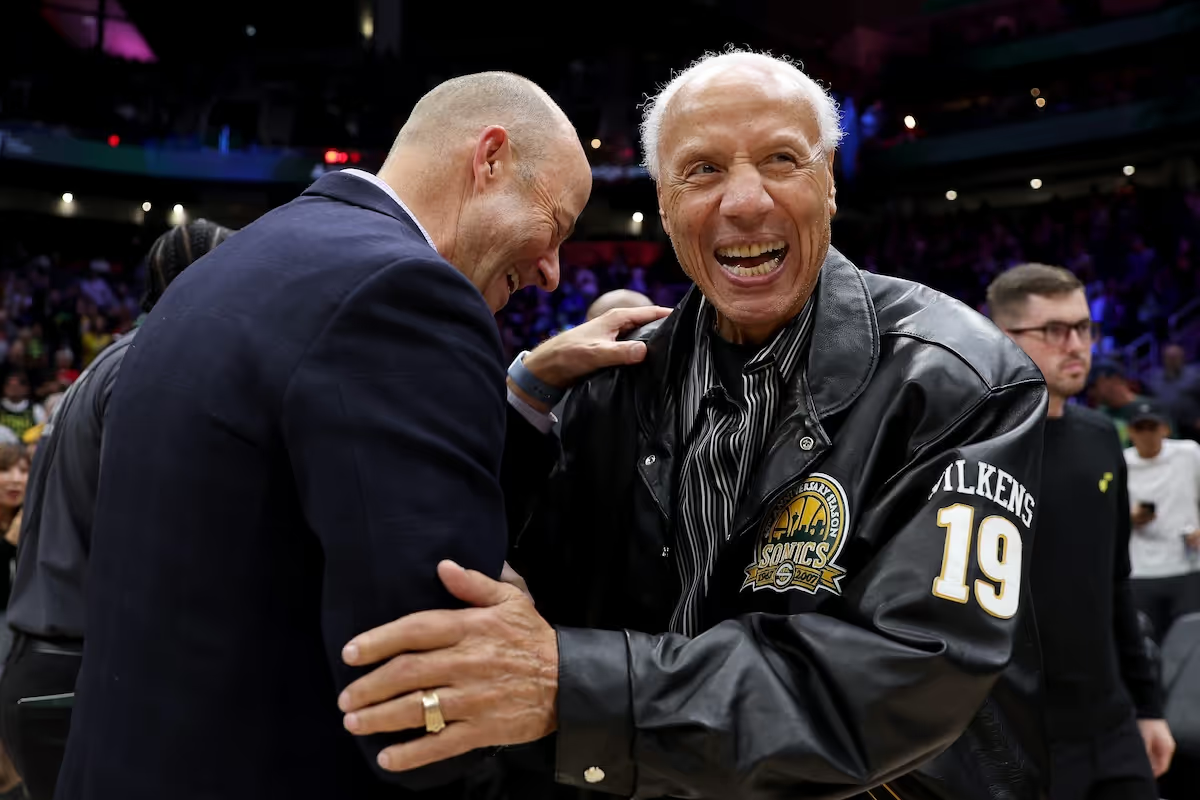
Lenny Wilkens’ was a pioneering presence during the formative years of the NBA. A floor general in the truest sense, Wilkens brought a calm, methodical style that emphasised smart decision-making, crisp passing, and team-first basketball. Known for his unselfishness and court vision, he ranked second in all-time assists at the time of his retirement. Wilkens was a nine-time All-Star, capable of scoring when needed but most impactful as a playmaker and stabilising force. His basketball IQ extended well beyond his playing days — he later became the winningest coach in NBA history for a time, making him one of the few to be inducted into the Hall of Fame as both a player and coach. Wilkens’ contributions helped shape the role of the modern point guard and his legacy endures as a symbol of class, excellence, and longevity in basketball.
Accolades: 9× NBA All-Star (1963–1965, 1967–1971, 1973); All-Star Game MVP (1971); Hall of Fame inductee as both player (1989) and coach (1998); NBA 75th Anniversary Team
Seasons: 15. Games: 1,077. PPG: 16.5. APG: 6.7. RPG: 4.7. SPG: N/A (stats not tracked pre-1973–74). FG%: 43.0%. FT%: 77.7%. Points: 17,772. Assists: 7,211. Teams: St. Louis Hawks; Seattle SuperSonics; Cleveland Cavaliers; and Portland Trail Blazers.
13. Russell Westbrook

Russell Westbrook has unmatched intensity, historic athleticism, and revolutionary statistical output for a point guard. The only player in NBA history to average a triple-double across four different seasons, Westbrook has redefined what was possible at the position. With explosive speed, relentless rebounding, and an aggressive downhill attack, he brings chaos and energy to every possession. In 2017, he became the second player in history (after Oscar Robertson) to average a triple-double for a full season — and was awarded league MVP for leading an undermanned Thunder team to the playoffs. A fiery competitor and emotional leader, Westbrook’s will to win is always on display, even when it comes with volatility. While his efficiency and playoff results are often scrutinised, his impact on the game’s pace, positional versatility, and stat-sheet dominance are undeniable. Westbrook’s all-out style and relentless production ensure his place among the most unique point guards in NBA history.
Accolades: NBA MVP (2017); 9× NBA All-Star (2011–2013, 2015–2020); 2× All-Star Game MVP (2015, 2016); 9× All-NBA (First Team 2016, 2017); NBA All-Rookie First Team (2009); NBA 75th Anniversary Team
Seasons: 16. Games: 1,144. PPG: 21.9. APG: 8.3. RPG: 7.1. SPG: 1.6. FG%: 43.8%. 3P%: 30.5%. FT%: 77.6%. Points: 26,844+. Assists: 9,257+. Teams: Thunder; Rockets; Wizards; Lakers; Clippers; and Nuggets.
12. Gary Payton

Gary Payton was an elite defender and fiery competitor. Nicknamed "The Glove" for his suffocating on-ball pressure, Payton is widely regarded as the greatest defensive point guard in NBA history. He remains the only point guard to ever win NBA Defensive Player of the Year (1996), and his relentless tenacity disrupted some of the league’s best scorers. But Payton wasn’t just a defender — he was also a skilled and durable offensive force, combining a strong post game, mid-range shot, and elite court vision to average over 20 points and seven assists across multiple seasons. As the face of the Seattle SuperSonics in the 1990s, he led them to the NBA Finals and formed a dynamic duo with Shawn Kemp. Payton later won a title with the Miami Heat in 2006, rounding out a Hall of Fame career defined by toughness, leadership, and two-way excellence.
Accolades: NBA Champion (2006); NBA Defensive Player of the Year (1996); 9× NBA All-Star (1994–1998, 2000–2003); 9× All-NBA (First Team 1998, 2000); 9× All-Defensive First Team (1994–2002); Hall of Fame inductee (2013); NBA 75th Anniversary Team
Seasons: 17. Games: 1,335. PPG: 16.3. APG: 6.7. RPG: 3.9. SPG: 1.8. FG%: 46.6%. 3P%: 31.7%. FT%: 72.9%. Points: 21,813. Assists: 8,966. Teams: SuperSonics; Bucks; Lakers; Celtics; and Heat.
11. Walt Frazier
.avif)
Walt Frazier was a smooth operator both on the court and off. He was know for his lockdown defense, and clutch leadership on the biggest stage. As the floor general for the New York Knicks’ golden era, Frazier led with grace and grit, helping the franchise win its only two championships (1970 and 1973). His defining moment came in Game 7 of the 1970 NBA Finals, when he delivered an all-time performance with 36 points, 19 assists, and 7 rebounds — one of the greatest clutch games in NBA history. Nicknamed “Clyde” for his cool demeanour and iconic fashion, Frazier was equally known for his suffocating perimeter defense, often guarding the opponent’s best scorer with elite anticipation and quick hands. A seven-time All-Star and perennial All-Defensive selection, he was a complete guard with poise, presence, and personality. Frazier’s blend of substance and style left a permanent mark on New York basketball and NBA history.
Accolades: 2× NBA Champion (1970, 1973); 7× NBA All-Star (1970–1976); 6× All-NBA (First Team 1975); 7× NBA All-Defensive First Team (1969–1975); NBA All-Rookie First Team (1968); Hall of Fame inductee (1987); NBA 75th Anniversary Team.
Seasons: 13. Games: 825. PPG: 18.9. APG: 6.1. RPG: 5.9. SPG: 1.9. FG%: 49.0%. FT%: 78.6%. Points: 15,581. Assists: 4,830. Teams: New York Knicks; and Cleveland Cavaliers
10. Chris Paul

Chris Paul is known as "The Point God". He has been the gold standard for floor generals since entering the NBA in 2005. His pinpoint passing, control of tempo, and surgical execution in the pick-and-roll made him one of the most efficient and intelligent players in league history. A master of the mid-range and clutch moments, Paul has consistently elevated every team he’s joined — from revitalising the New Orleans Hornets to leading deep playoff runs with the Clippers, Thunder, Suns, and Warriors. Though an NBA championship has eluded him, his impact on winning is undeniable. He ranks among the all-time leaders in both assists and steals, combining savvy offense with disruptive defense. Paul’s longevity, leadership, and command of the game have earned him a lasting legacy as one of the greatest point guards to ever play.
Accolades: 12× NBA All-Star (2008–2016, 2020–2022); 11× All-NBA (First Team 4×); 9× NBA All-Defensive Team (First Team 7×); 2006 Rookie of the Year; 5× NBA assist leader; 6× NBA steals leader; NBA 75th Anniversary Team
Seasons: 19. Games: 1,272. PPG: 17.5. APG: 9.4. RPG: 4.5. SPG: 2.1. FG%: 47.1%. 3P%: 36.9%. FT%: 87.0%. Points: 21,096+. Assists: 11,894+ (3rd all-time). Teams: Hornets; Clippers; Rockets; Thunder; Suns; Warriors; and Spurs.
9. Jason Kidd

Jason Kidd had transcendent court vision, defensive tenacity, and ability to elevate everyone around him. One of the most complete floor generals in NBA history, Kidd ranks second all-time in both assists and steals, mastering every facet of the position over a 19-year career. Known for his fast-break wizardry and no-look passes, Kidd was a triple-double machine long before they became common. He led the New Jersey Nets to back-to-back NBA Finals appearances in the early 2000s and later won a championship with the Dallas Mavericks in 2011 as a veteran leader and floor-spacer. Though not known early for his shooting, Kidd developed into a reliable three-point threat, ending his career third all-time in made threes at one point. His intelligence, rebounding, and defense made him a force even when he wasn’t scoring. Kidd’s versatility and leadership define his legacy as one of the all-time greats.
Accolades: NBA Champion (2011); 10× NBA All-Star (1996, 1998, 2000–2004, 2007, 2008, 2010); 6× All-NBA (First Team 5×); 9× NBA All-Defensive Team; 1995 Co-Rookie of the Year; 5× NBA assist leader; Hall of Fame inductee (2018); NBA 75th Anniversary Team
Seasons: 19. Games: 1,391. PPG: 12.6. APG: 8.7. RPG: 6.3. SPG: 1.9. FG%: 40.0%. 3P%: 34.9%. FT%: 78.5%. Points: 17,529. Assists: 12,091 (2nd all-time). Steals: 2,684 (2nd all-time). Teams: Mavericks; Suns; Nets; and Knicks.
8. Steve Nash

Steve Nash's unparalleled shooting efficiency, visionary playmaking, and ability to orchestrate one of the most potent offenses in NBA history puts him easily inside the top 10 greatest point guards of all time. A two-time MVP and the engine behind the “Seven Seconds or Less” Phoenix Suns, Nash revolutionised modern basketball with his blend of tempo, spacing, and surgical decision-making. His ability to read defenses and deliver pinpoint passes — often off the dribble and in tight windows — made every teammate more dangerous. A member of the elite 50–40–90 club four times, Nash was not only an elite passer but also one of the most efficient scorers in league history. He led the NBA in assists five times and elevated middling rosters into perennial contenders. Though he never reached the NBA Finals, Nash’s impact on offensive philosophy and guard play is immense. His style paved the way for the pace-and-space era and modern point guard archetypes.
Accolades: 2× NBA MVP (2005, 2006); 8× NBA All-Star (2002–2003, 2005–2008, 2010, 2012); 7× All-NBA (First Team 3×); 5× NBA assist leader; 4× 50–40–90 club member; Hall of Fame inductee (2018); NBA 75th Anniversary Team.
Seasons: 18. Games: 1,217. PPG: 14.3. APG: 8.5. RPG: 3.0. SPG: 0.7. FG%: 49.0%. 3P%: 42.8%. FT%: 90.4%. Points: 17,387. Assists: 10,335 (4th all-time). Teams: Suns; Mavericks; and Lakers.
7. Tony Parker

Tony Parker is a winner — running the show for the great San Antonio Spurs teams of the early 2000s. He had blinding speed, finishing ability, and steady leadership one of the NBA’s most successful dynasties. As the floor general for the Spurs, Parker was a driving force behind the team’s four championships during his tenure, earning Finals MVP in 2007. Known for his lethal teardrop, quick first step, and ability to finish among the trees despite his size, Parker carved out a Hall of Fame career with precision and poise. He seamlessly ran Gregg Popovich’s disciplined offense, balancing scoring with unselfish play and forming one of the league’s most iconic Big Threes alongside Tim Duncan and Manu Ginóbili. Though never the flashiest guard, Parker's consistent postseason excellence, durability, and championship pedigree set him apart. As one of the most accomplished international players in NBA history, he helped globalise the game and redefined what a non-American point guard could achieve.
Accolades: 4× NBA Champion (2003, 2005, 2007, 2014); NBA Finals MVP (2007); 6× NBA All-Star (2006–2007, 2009, 2012–2014); 4× All-NBA (Second Team 2012–2013; Third Team 2009, 2014); NBA All-Rookie First Team (2002)
Seasons: 18. Games: 1,254. PPG: 15.5. APG: 5.6. RPG: 2.7. SPG: 0.9. FG%: 49.1%. 3P%: 32.4%. FT%: 75.1%. Points: 19,473. Assists: 7,036. Teams: Spurs; and Hornets.
6. Isiah Thomas

Isiah Thomas had a rare combination of toughness, creativity, and leadership. Standing just 6'1", Thomas was a giant in moments that mattered most — the undisputed heart of the Detroit Pistons’ "Bad Boys" dynasty. He led Detroit to back-to-back NBA championships in 1989 and 1990, defeating some of the game’s greatest icons: Michael Jordan and Magic Johnson. A fearless scorer and clutch performer, Thomas could take over games with dazzling ball-handling, acrobatic finishes, and an uncanny ability to rise in the biggest moments — most memorably his heroic 25-point third quarter on a badly sprained ankle in the 1988 NBA Finals against the Los Angeles Lakers. Yet he was also an elite passer, orchestrating one of the league’s most physical and defensively dominant teams. A 12-time All-Star and Finals MVP, Thomas combined grace and grit in a way few point guards ever have, securing his place among the game's true legends.
Accolades: 2× NBA Champion (1989, 1990); NBA Finals MVP (1990); 12× NBA All-Star (1982–1993); 2× All-Star Game MVP (1984, 1986); 5× All-NBA (First Team 3×); NBA All-Rookie First Team (1982); Hall of Fame inductee (2000); NBA 75th Anniversary Team
Seasons: 13. Games: 979. PPG: 19.2. APG: 9.3. RPG: 3.6. SPG: 1.9. FG%: 45.2%. 3P%: 29.0%. FT%: 75.9%. Points: 18,822. Assists: 9,061. Team: Detroit Pistons.
5. Bob Cousy

Bob Cousy was the ultimate winner and has the most NBA championships on this list. Cousy's legend is assured given groundbreaking creativity, visionary passing, and role as the NBA’s first true showman at the position. Known as "The Houdini of the Hardwood," Cousy revolutionised point guard play in the 1950s and early '60s with behind-the-back passes, no-look feeds, and an uptempo style that electrified fans and baffled defenders. He was the floor general for the Boston Celtics dynasty, helping lead the team to six NBA championships and forming a lethal duo with Bill Russell. Cousy’s ball-handling and court awareness were decades ahead of their time, setting the standard for future generations of guards. He led the NBA in assists for eight straight seasons and was a consistent All-Star and All-NBA selection throughout his career. While the game has evolved, Cousy's impact on the point guard position is foundational, and his legacy endures as one of the NBA’s earliest legends.
Accolades: 6× NBA Champion (1957, 1959–1963); NBA MVP (1957); 13× NBA All-Star (1951–1963); 2× All-Star Game MVP (1954, 1957); 12× All-NBA (First Team 10×); NBA assist leader (8×); Hall of Fame inductee (1971); NBA 75th Anniversary Team
Seasons: 14. Games: 924. PPG: 18.4. APG: 7.5. RPG: 5.2. SPG: N/A (not tracked during his era). FG%: 37.5%. FT%: 80.3%. Points: 16,960. Assists: 6,955. Teams: Boston Celtics; and Cincinnati Royals (brief return at age 41)
4. John Stockton

John Stockton is widely regarded as the purest point guard in NBA history. Stockton holds two of the league’s most unbreakable records: all-time leader in both assists (15,806) and steals (3,265) — margins so wide they may never be surpassed. For 19 seasons with the Utah Jazz, he ran the pick-and-roll with Karl Malone to perfection, turning fundamental execution into one of the most efficient offenses in history. Stockton wasn't flashy, but he was surgical: crisp passes, precise timing, smart positioning, and relentless defense. He played all 82 games in 16 of his 19 seasons, exemplifying toughness and reliability. Though he never won a championship, Stockton led the Jazz to two NBA Finals appearances and made 10 All-Star teams. His unselfishness, competitiveness, and mastery of the position make him a gold standard for point guard play.
Accolades: 10× NBA All-Star (1989–1997, 2000); 11× All-NBA (First Team 2×); 5× NBA All-Defensive Second Team; 9× NBA assist leader (1988–1996); 2× NBA steals leader; NBA All-Star Game MVP (1993); Hall of Fame inductee (2009); NBA 75th Anniversary Team
Seasons: 19. Games: 1,504. PPG: 13.1. APG: 10.5 (1st all-time). RPG: 2.7. SPG: 2.2 (1st all-time). FG%: 51.5%. 3P%: 38.4%. FT%: 82.6%. Points: 19,711. Assists: 15,806. Steals: 3,265. Team: Utah Jazz
3. Oscar Robertson

Oscar Robertson is not only one of the greatest point guards of all time, he is one of the greatest players of all time. Known as "The Big O," Robertson was the first player in NBA history to average a triple-double for an entire season (1961–62), a feat unmatched for more than 50 years. He combined the size of a forward (6'5") with the skill and vision of an elite playmaker, setting a new standard for what guards could be. Robertson’s scoring, passing, and rebounding made him a nightly triple-threat long before the stat became trendy. In an era with fewer possessions and rougher, physical play, his numbers remain staggering. Beyond individual brilliance, he led the Milwaukee Bucks to an NBA title in 1971 alongside Kareem Abdul-Jabbar. Robertson also played a critical role off the court, spearheading the NBA’s push for player rights and free agency. His legacy transcends stats — he revolutionised the role of the point guard.
Accolades: NBA Champion (1971); NBA MVP (1964); 12× NBA All-Star (1961–1972); 11× All-NBA (First Team 9×); 3× NBA All-Star Game MVP; NBA Rookie of the Year (1961); Hall of Fame inductee (1980); NBA 75th Anniversary Team
Seasons: 14. Games: 1,040. PPG: 25.7. APG: 9.5. RPG: 7.5. SPG: N/A (not recorded during his era). FG%: 48.5%. FT%: 83.8%. Points: 26,710. Assists: 9,887. Teams: Cincinnati Royals; and Milwaukee Bucks.
2. Stephen Curry

Stephen Curry is not only the greatest shooter to ever live he is also the second greatest point guard in the history of the NBA. He has changed the game with his unprecedented shooting range, off-ball movement, and transformative impact on the modern game. Curry redefined what was possible from beyond the arc, stretching defenses in ways never seen before. His quick release, deep shooting, and constant motion without the ball created a new offensive blueprint that reshaped how basketball is played at every level. The leader of the Golden State Warriors dynasty, Curry led the franchise to four NBA championships and won two MVP awards, including the league’s first-ever unanimous MVP in 2016. Beyond the stats, his unselfishness, leadership, and joy for the game turned the Warriors into a global phenomenon. Curry holds the all-time record for most three-pointers made and continues to set new standards for efficiency and scoring at the point guard position. His legacy is secure not just as a winner, but as a revolution.
Accolades: 4× NBA Champion (2015, 2017, 2018, 2022); 2× NBA MVP (2015, 2016 — first unanimous); NBA Finals MVP (2022); 10× NBA All-Star (2014–2019, 2021–2024); 9× All-NBA (First Team 4×); 2× NBA scoring champion; NBA steals leader (2016); NBA 75th Anniversary Team
Seasons: 15. Games: 995. PPG: 24.8. APG: 6.4. RPG: 4.7. SPG: 1.6. FG%: 47.5%. 3P%: 42.6%. FT%: 91.0%. Points: 23,851+. Assists: 6,400+. 3PM: 3,747 (1st all-time). Team: Golden State Warriors
1. Earvin "Magic" Johnson
Earvin "Magic" Johnson is undoubtedly the greatest point guard of all-time. Period. Full stop. End of discussion. He ran the greatest fast break offense in the history of the game — the "Showtime" 1980s Lakers.
Magic changed the game at a time when the NBA needed it most. He became must-see TV every time he laced them up. He redefined the position with his size, vision, leadership, and showmanship that elevated the NBA into a global spectacle. At 6-foot-9, Johnson shattered positional norms, using his height and skill set to see over defenses and orchestrate the offense with dazzling precision. His creativity, flair, and feel for the game made him the engine of the "Showtime" Los Angeles Lakers — one of the most iconic teams in sports history. Johnson led the Lakers to five NBA championships in the 1980s and won three league MVPs (1987, 1989, 1990), proving dominant both statistically and as a leader. Johnson made the "no-look" pass a prolific part of his game.
He and John Stockton are the only players on this list to average a career double-double. Johnson finished his career just 2.8 rebounds away from averaging a triple double: 19.5 PPG; 11.2 APG; and 7.2 RPG.
Perhaps no moment better encapsulates his greatness than Game 6 of the 1980 NBA Finals, when, as a 20-year-old rookie, he started at centre in place of the injured Kareem Abdul-Jabbar — and posted 42 points, 15 rebounds, and seven assists to clinch the title. It was a legendary performance that signalled the arrival of a generational talent.
Magic wasn’t just about the flash. His command of the game, unselfish play, and ability to lift his teammates made him the ultimate floor general. He led the league in assists four times and retired with an average of 11.2 assists per game, the highest in NBA history. His basketball IQ and ability to perform in the clutch made him a perennial winner and a fan favorite.
Beyond the court, Magic was a cultural icon who helped define the NBA's rise in popularity alongside Larry Bird. His rivalry and friendship with Bird rejuvenated the league and set the stage for the Michael Jordan era. Despite his career being cut short by an HIV diagnosis, Magic’s impact on the game remains enduring — as a player, ambassador, and the greatest point guard of all time.
Accolades: 5× NBA Champion; 3× NBA MVP; 3× Finals MVP; 12× All-Star; 10× All-NBA; Hall of Fame (2002); NBA 75th Anniversary Team
Seasons: 13
Games: 906
PPG: 19.5 | APG: 11.2 | RPG: 7.2 | FG%: 52.0%
Team: Los Angeles Lakers
So, there you have it. The top 20 point guards in NBA history.
About the Author
Peter Brown is the head coach of the Sydney Comets Women’s Youth League team in the Waratah Basketball League in NSW. He is also the assistant coach for the Comets NBL1 women’s team in the NBL East Conference. Peter is a 30-year journalist, starting as a sports reporter at the NT News in the early 1990s. He played junior basketball for the Northern Territory at national championships from U16 to U20 and for the Territory’s senior men’s team at numerous international tournaments. Peter has been a basketball fan since the early 80s, especially the NBA. Basketball is his passion — and his opinions his own. Email peter.brown@basketball.com.au with feedback. Any email feedback on articles sent to Peter can be published on basketball.com.au for others to read.
Exclusive Newsletter
Aussies in your Inbox: Don't miss a point, assist rebound or steal by Aussies competing overseas. Sign-up now!




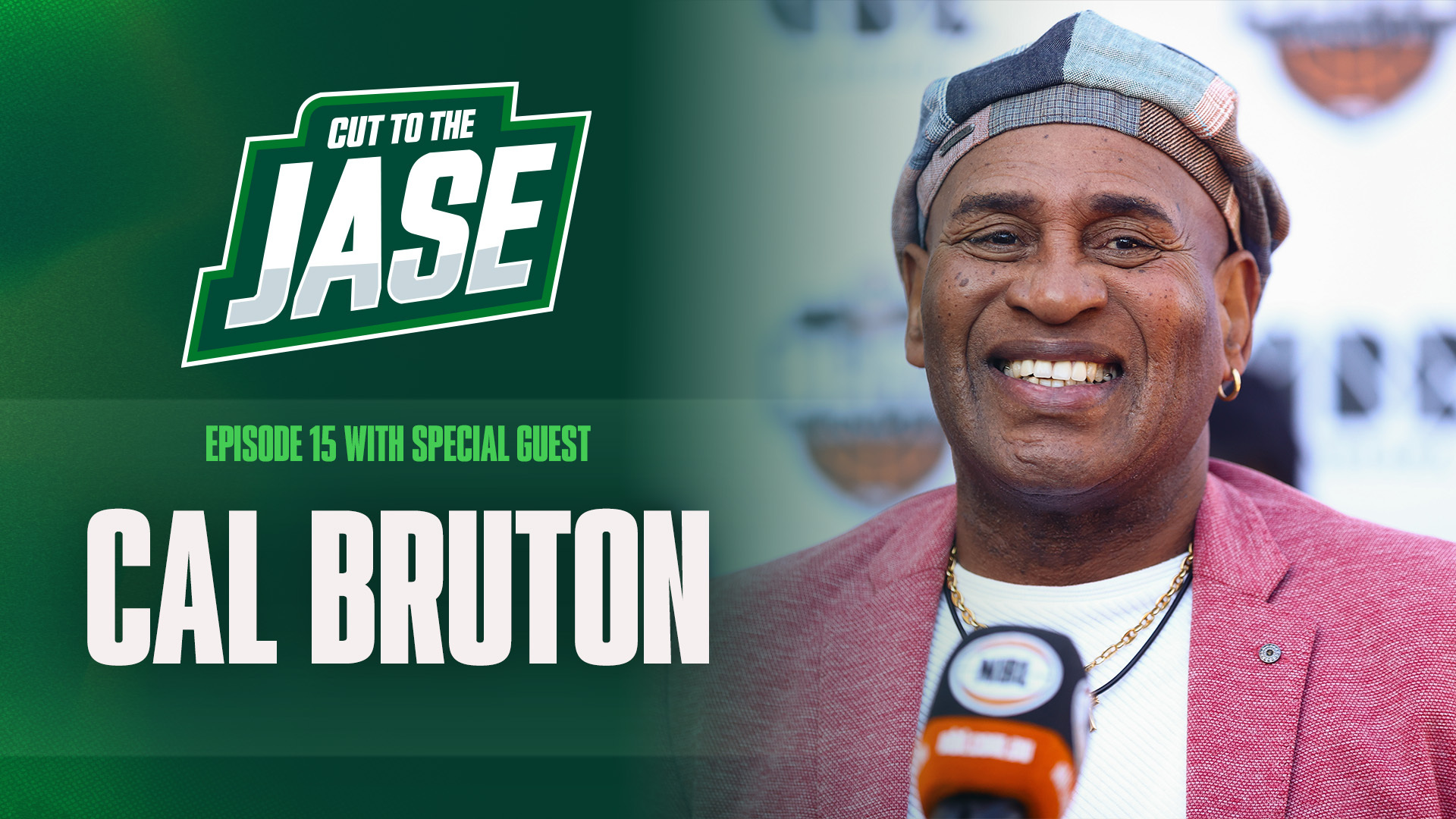
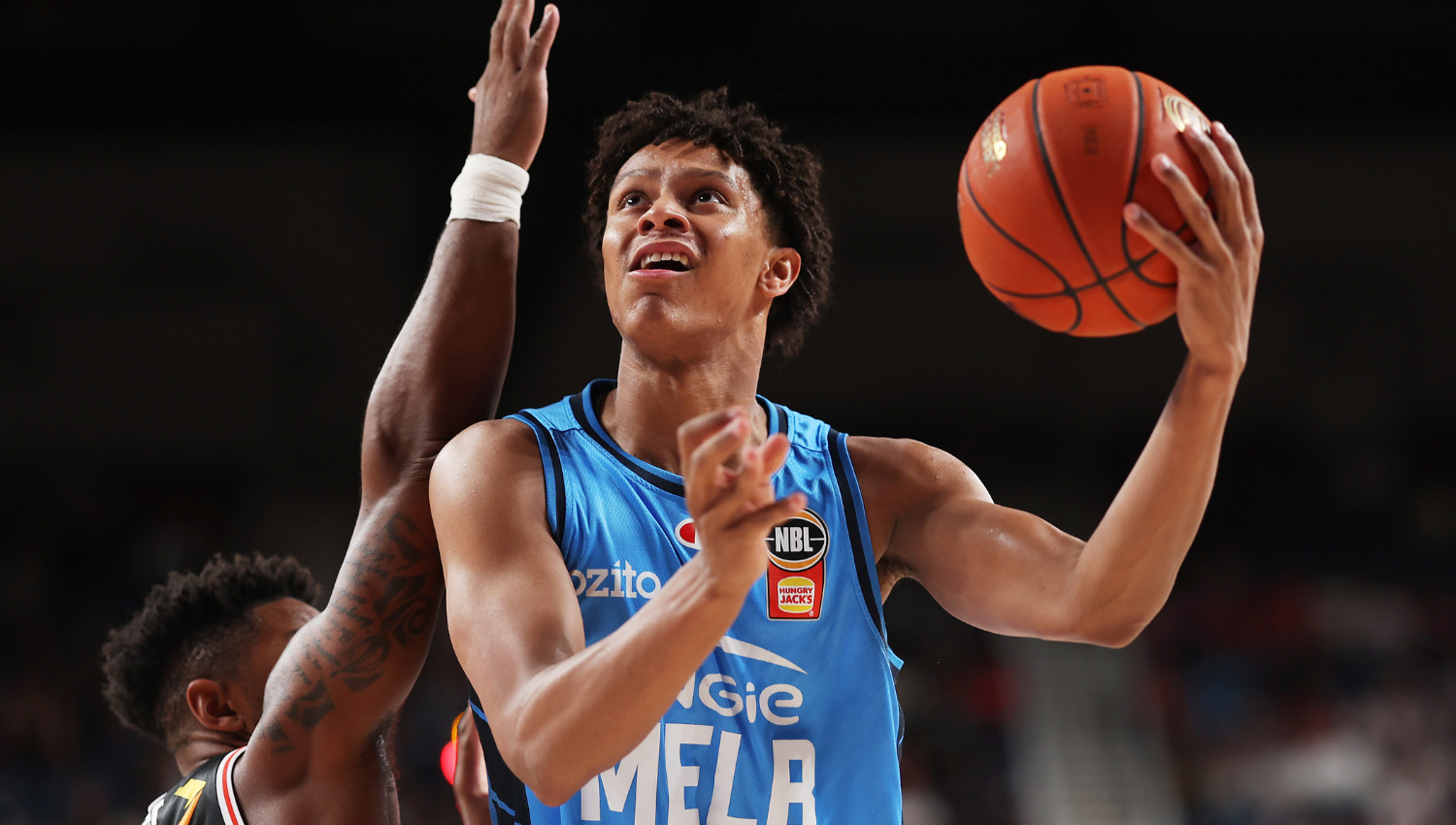
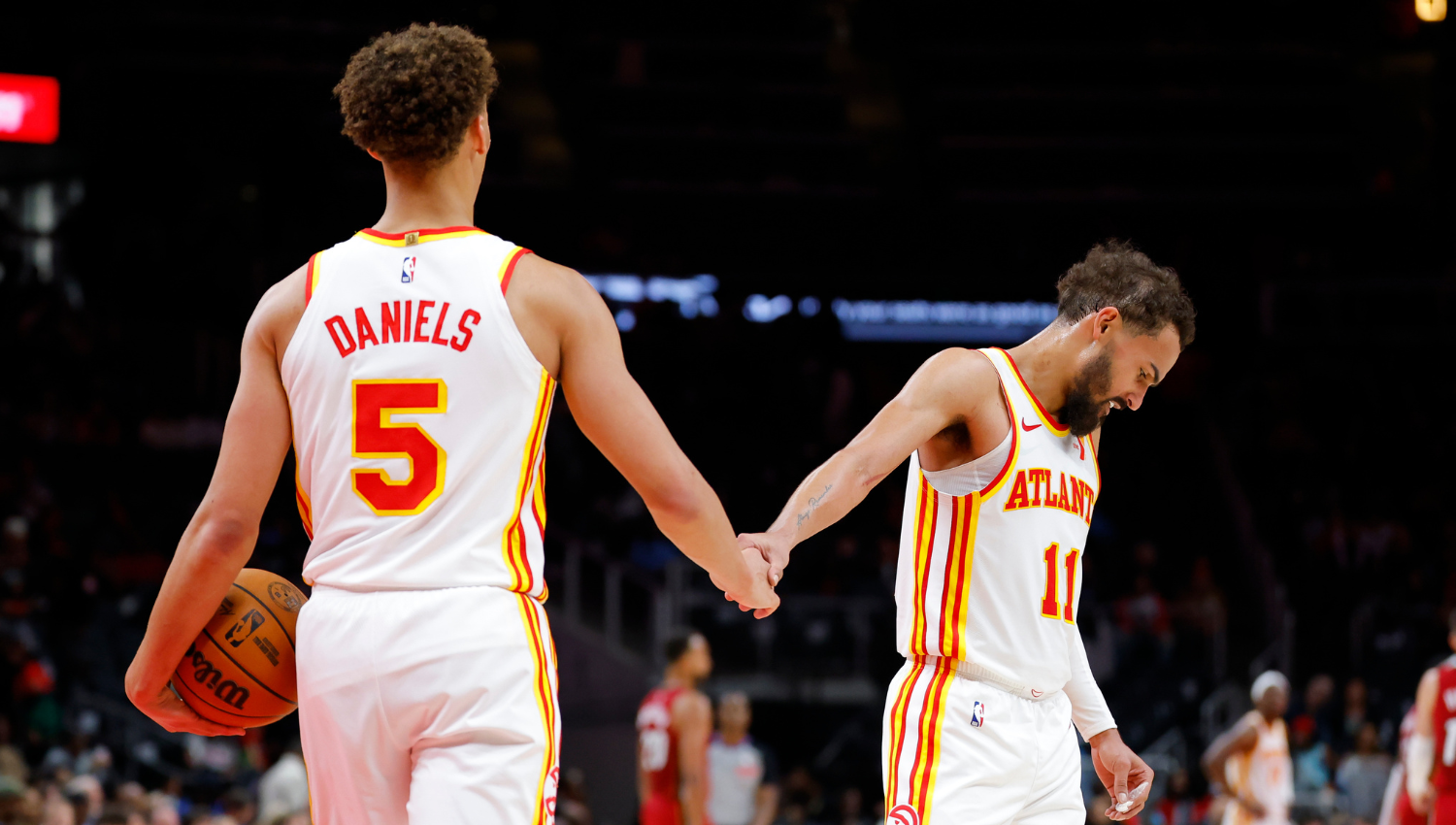
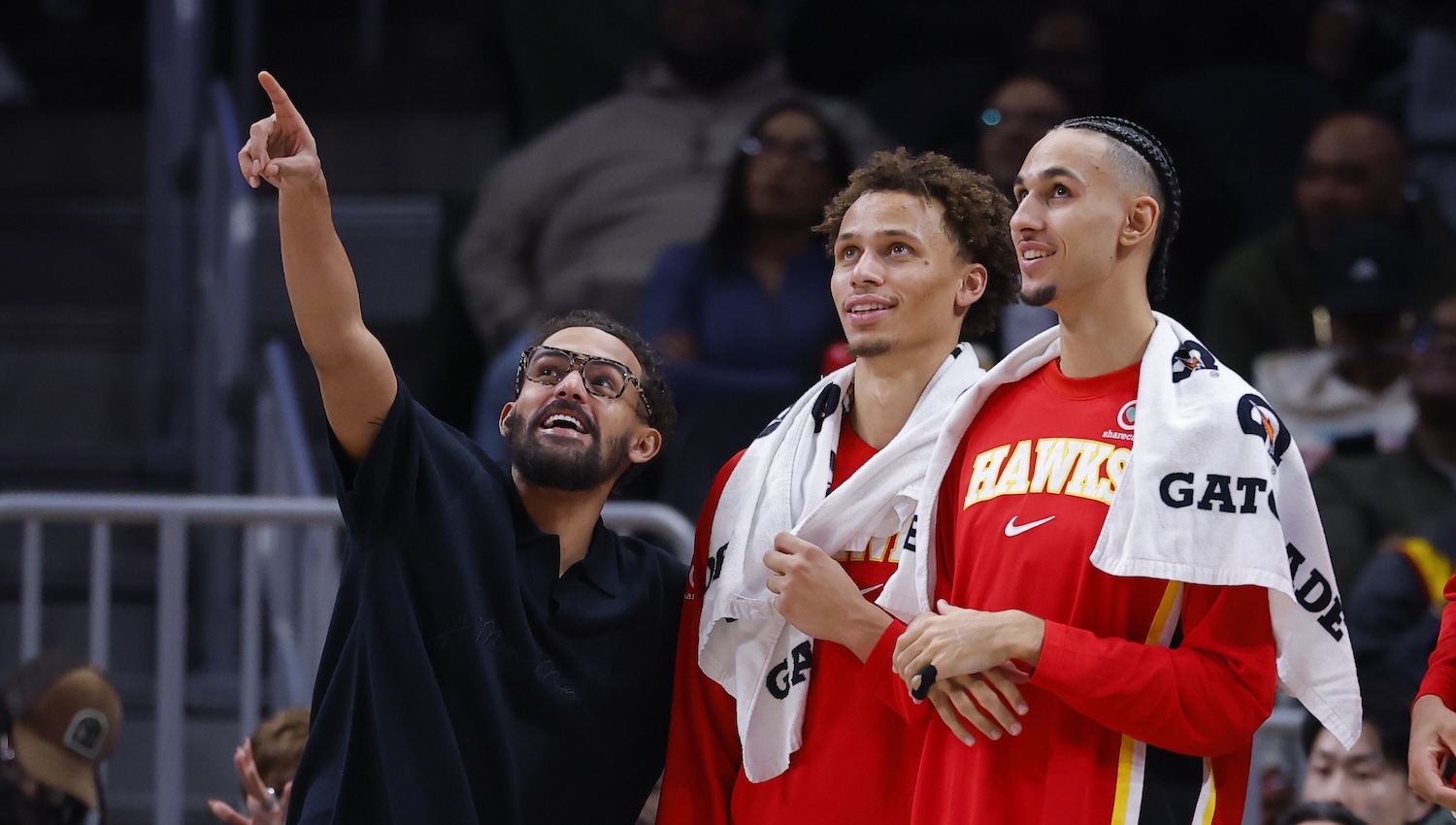
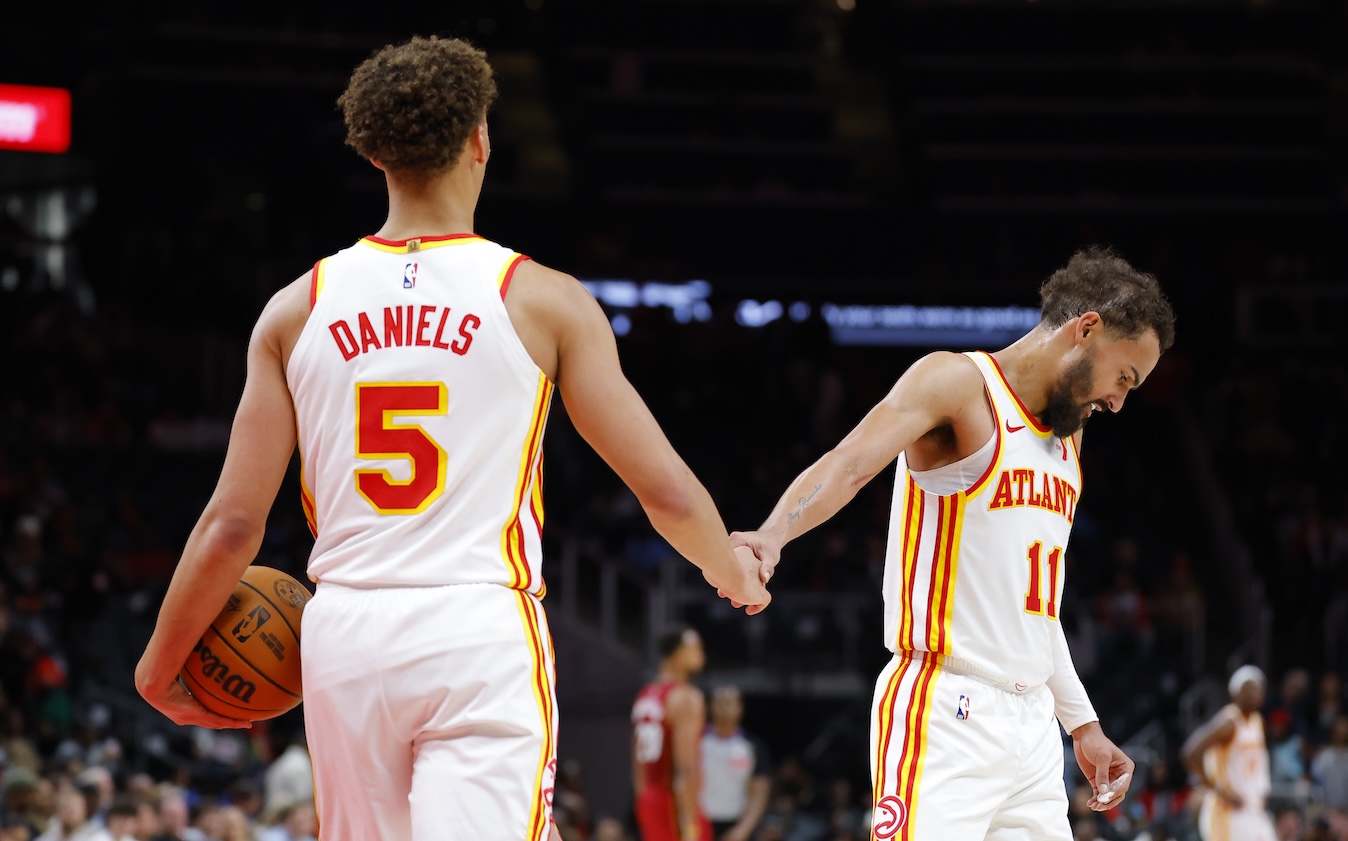
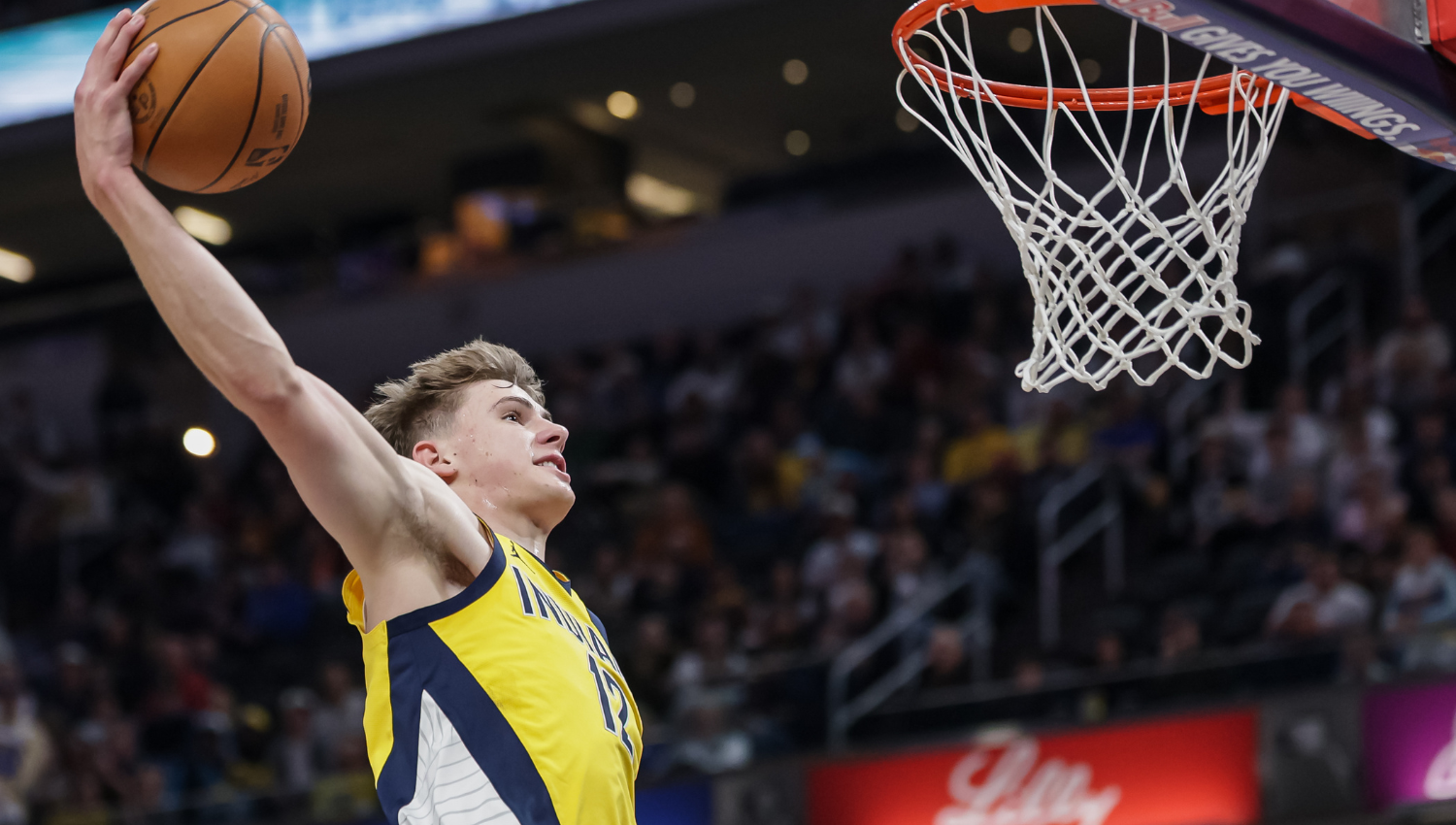
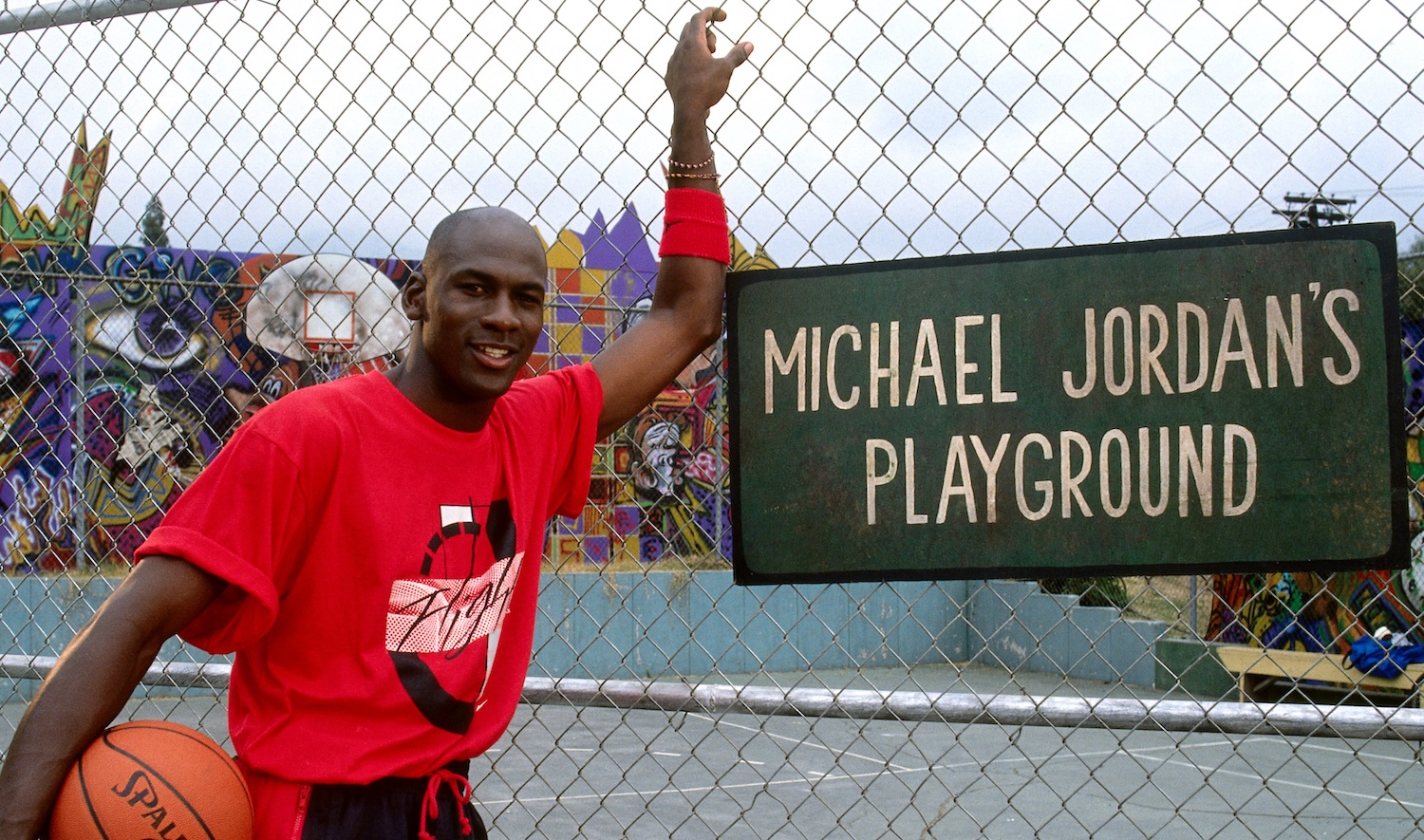

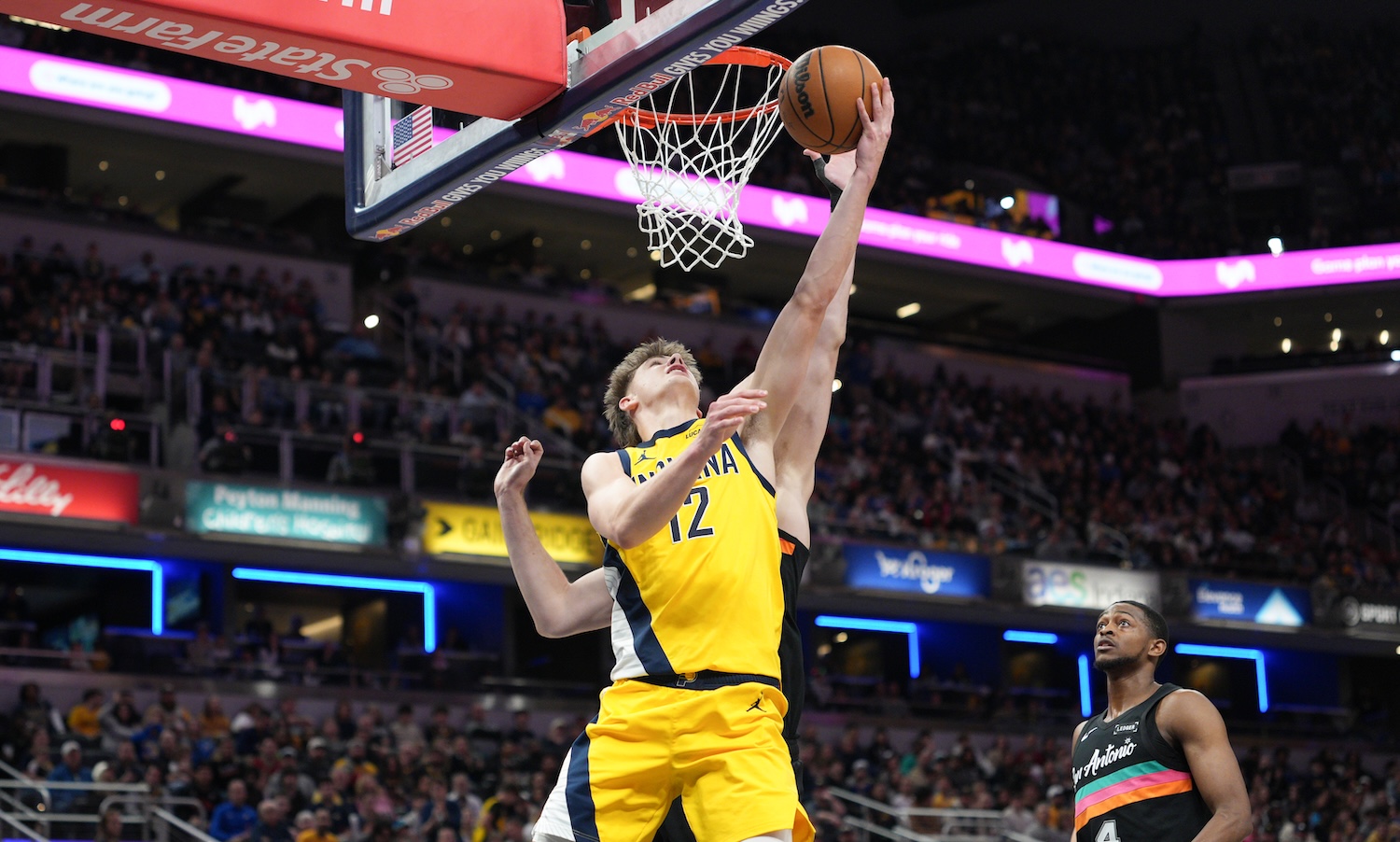
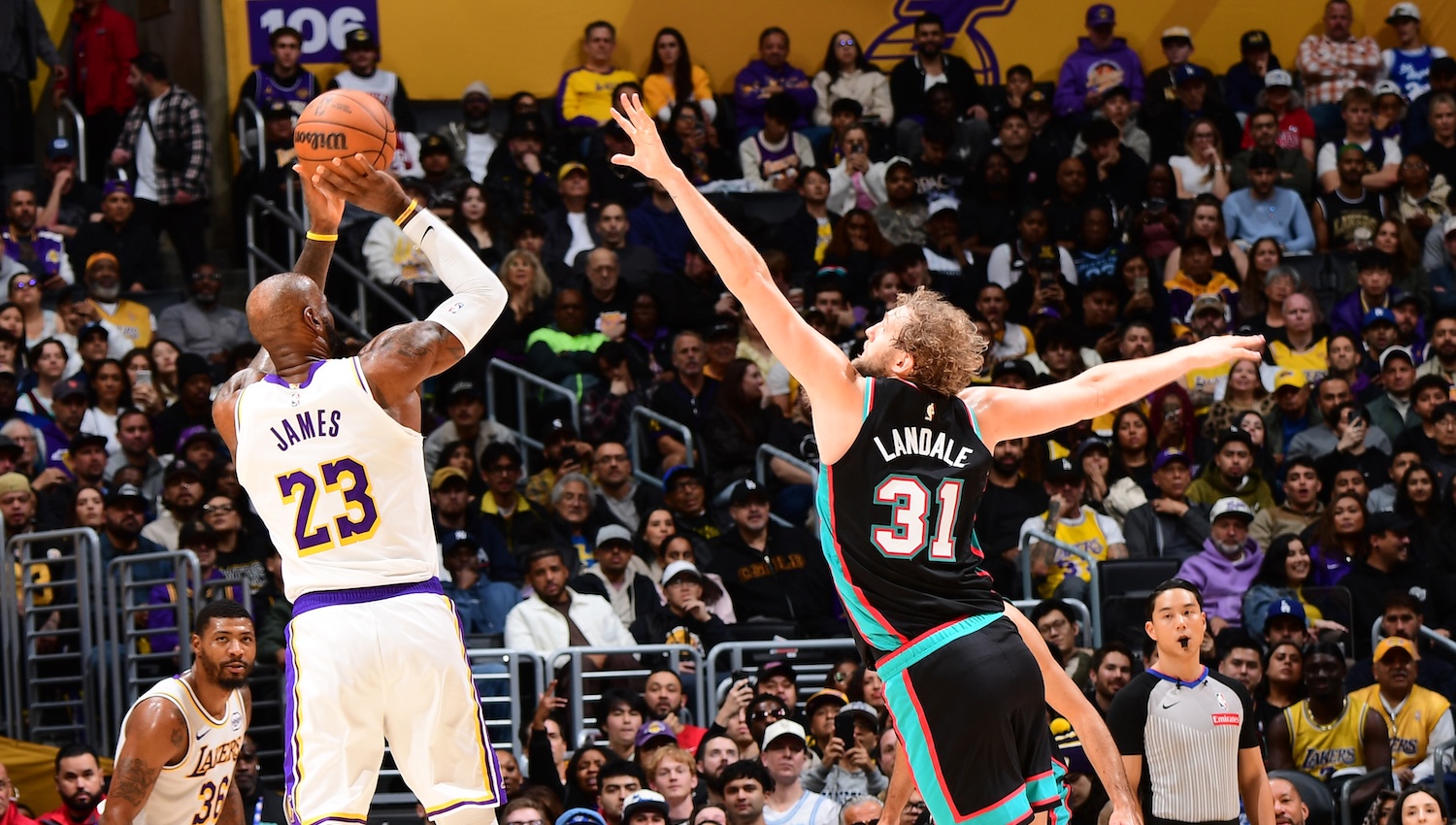
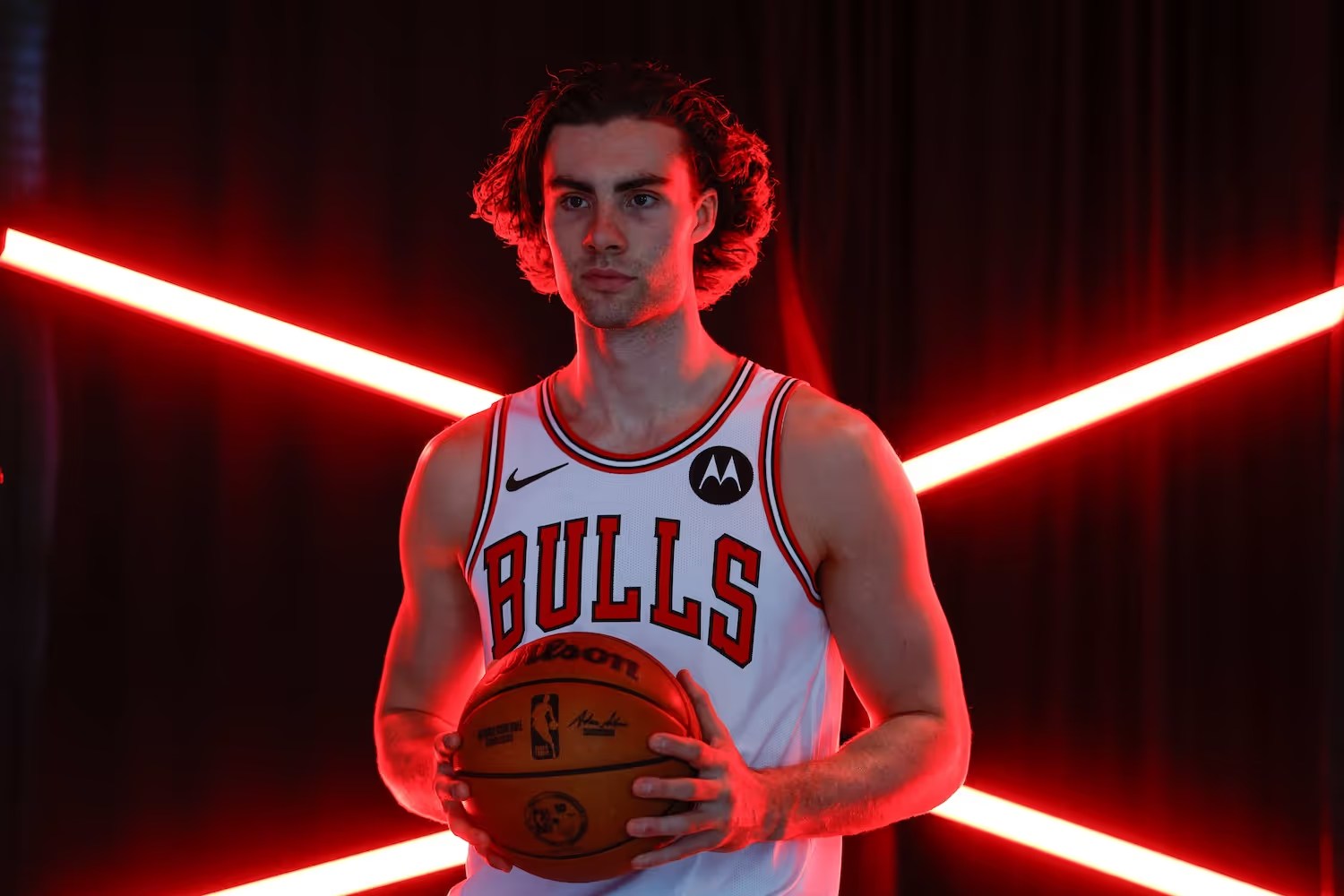

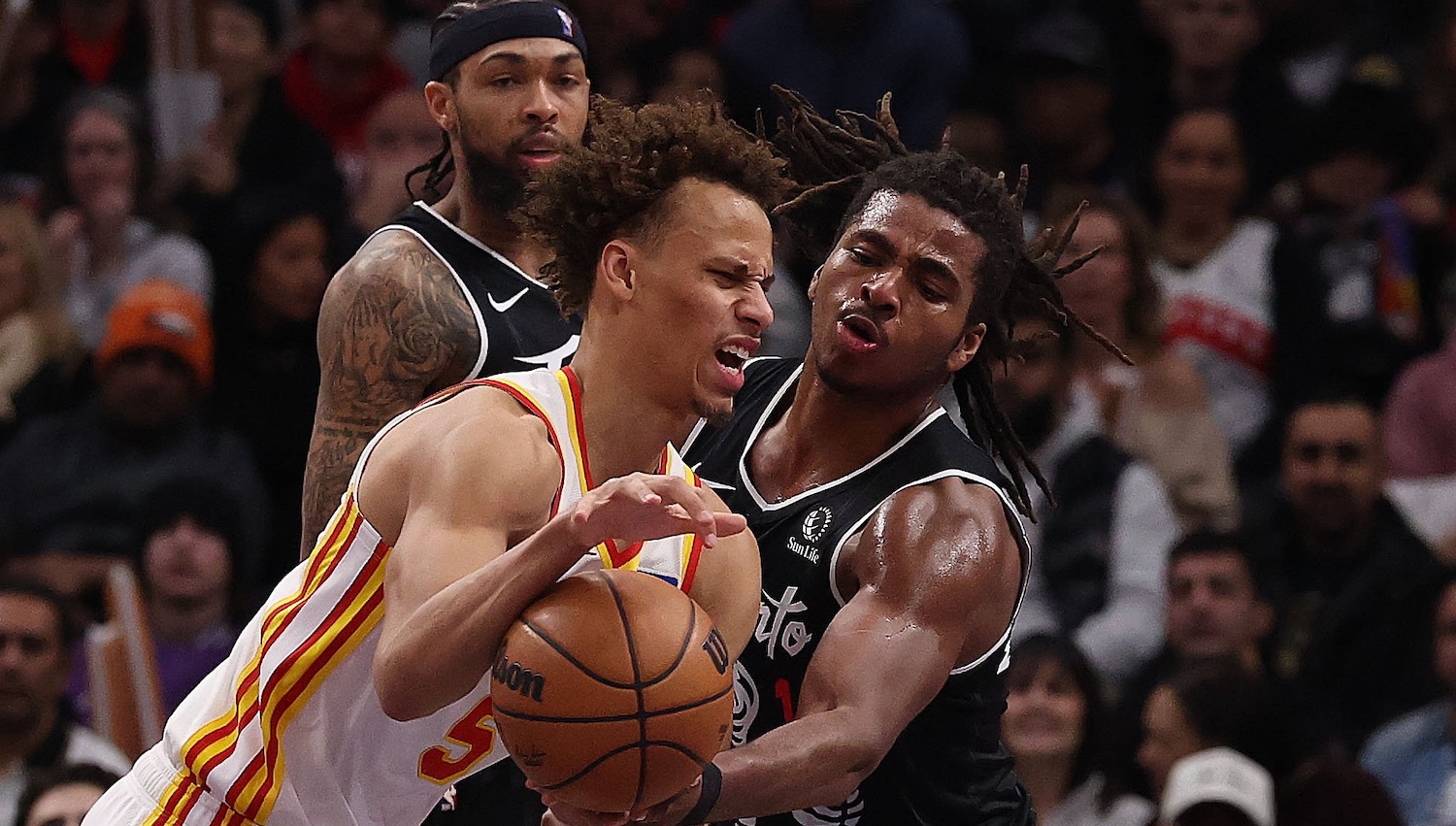
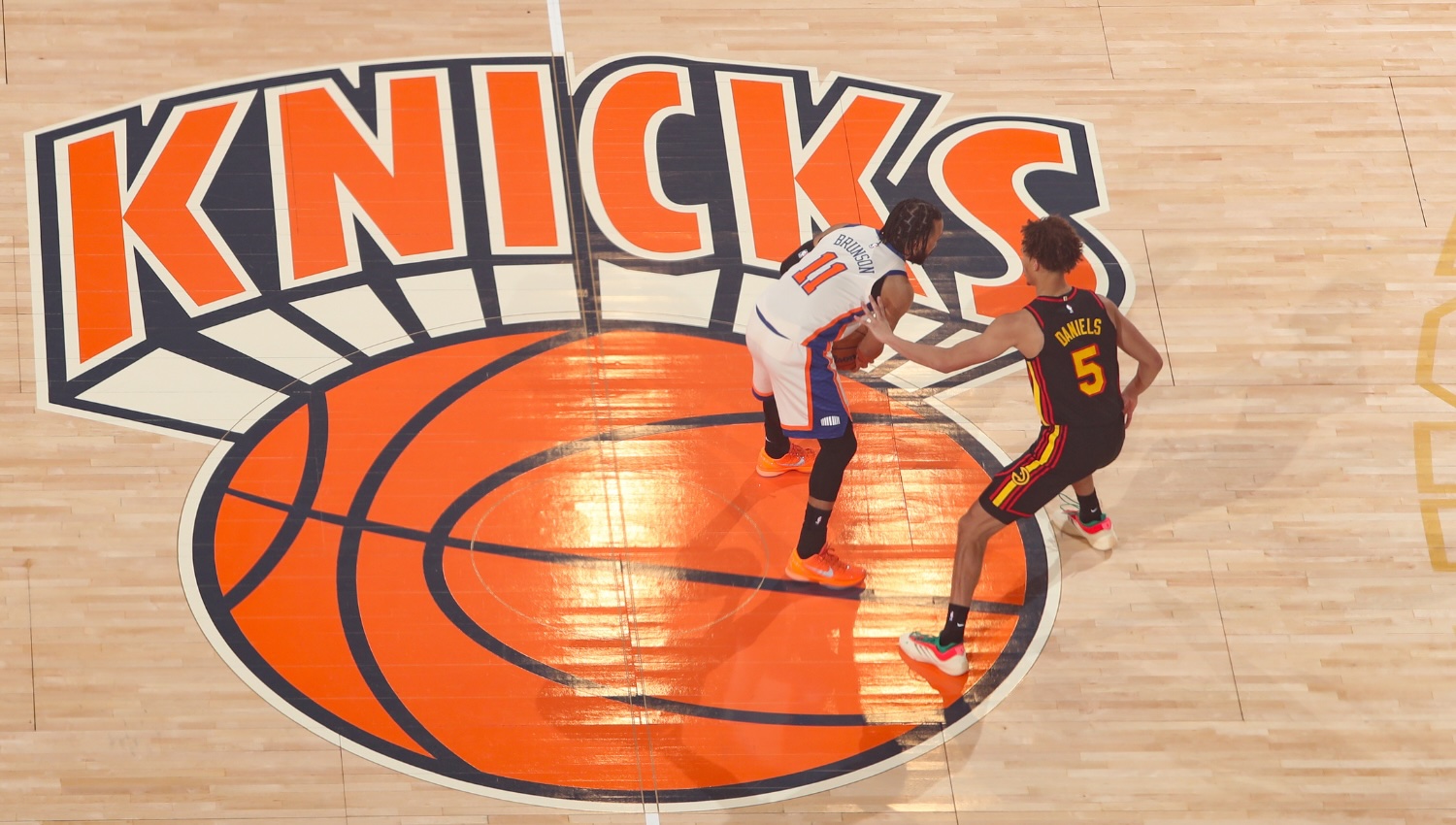
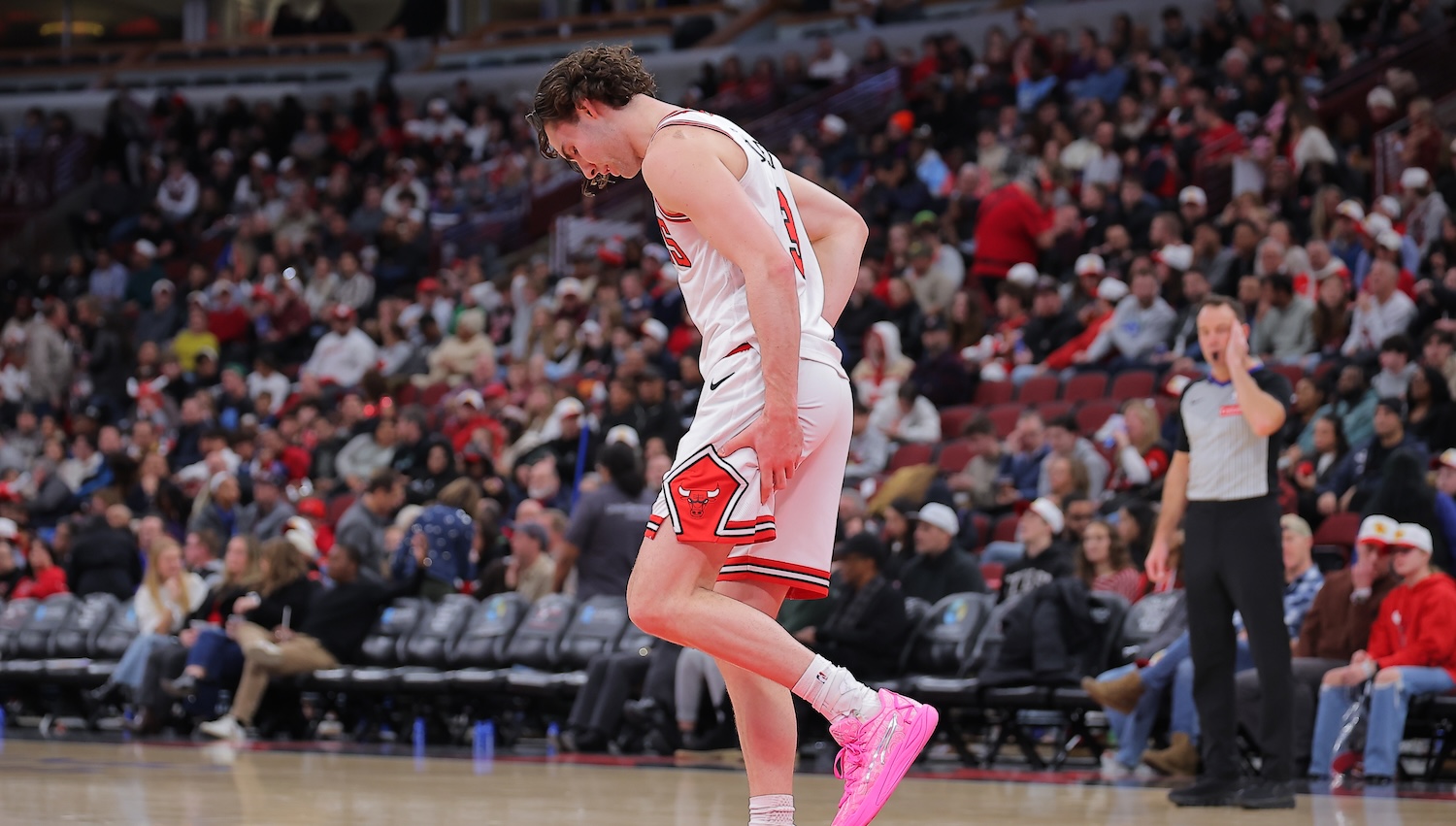
.jpg)
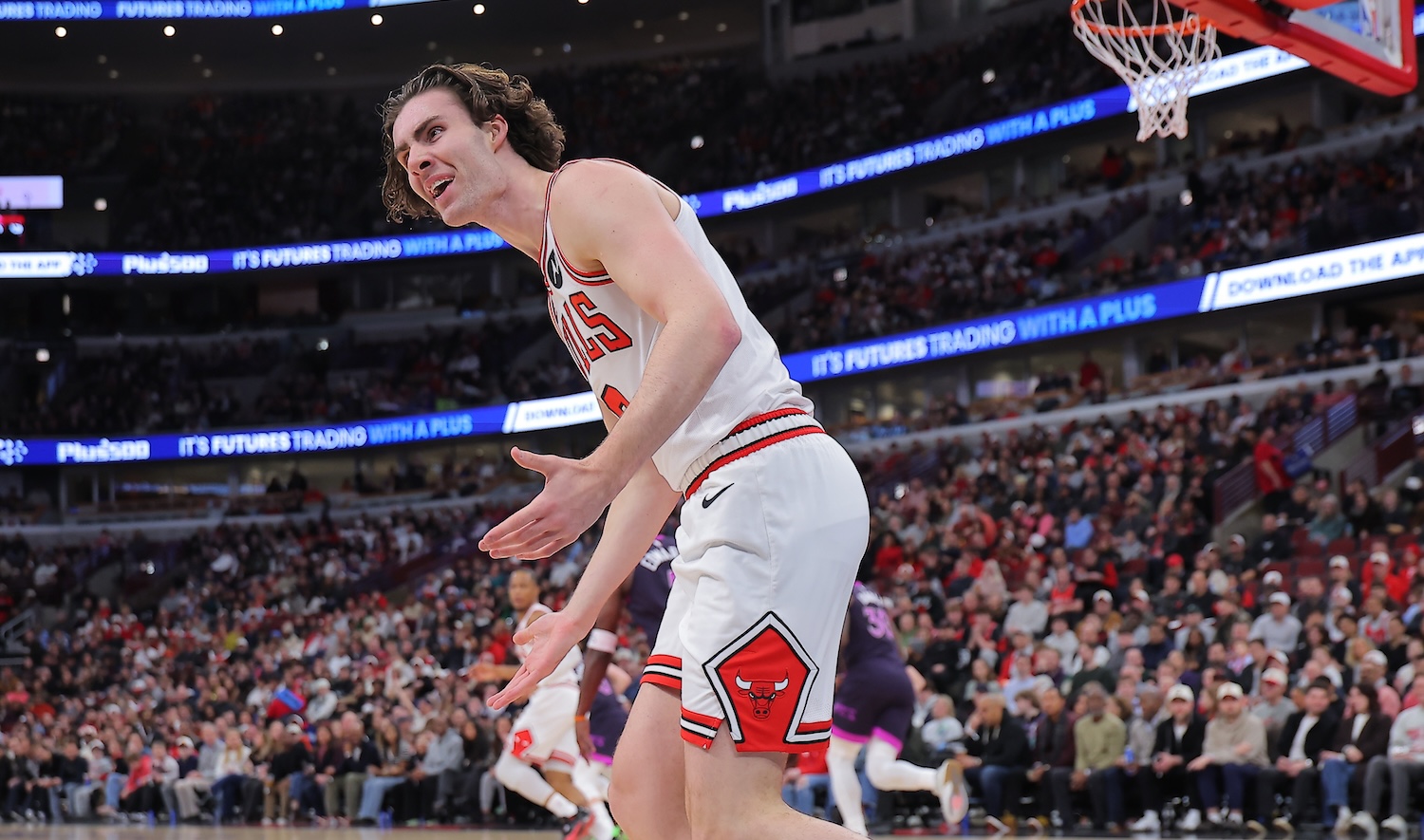
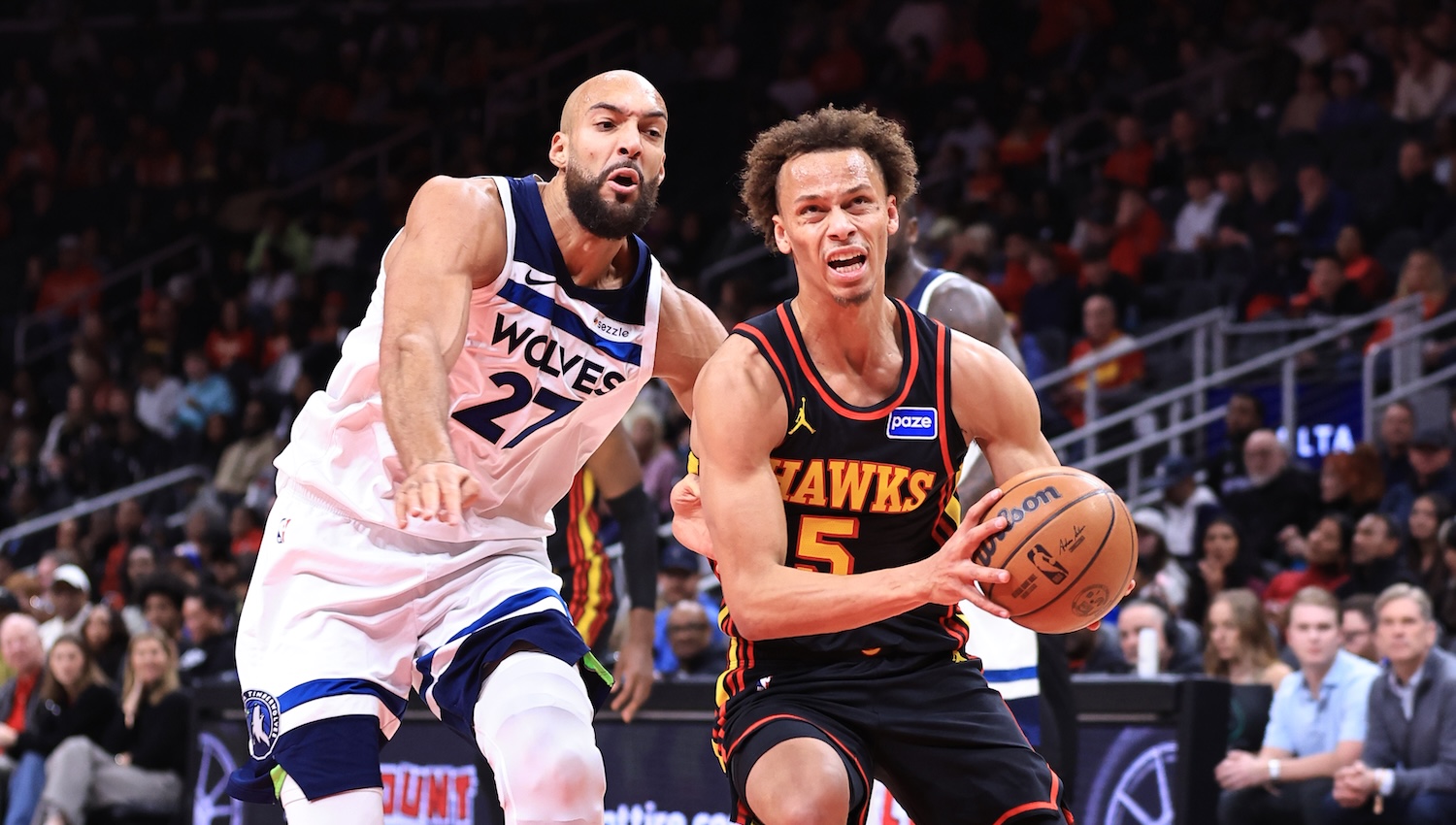
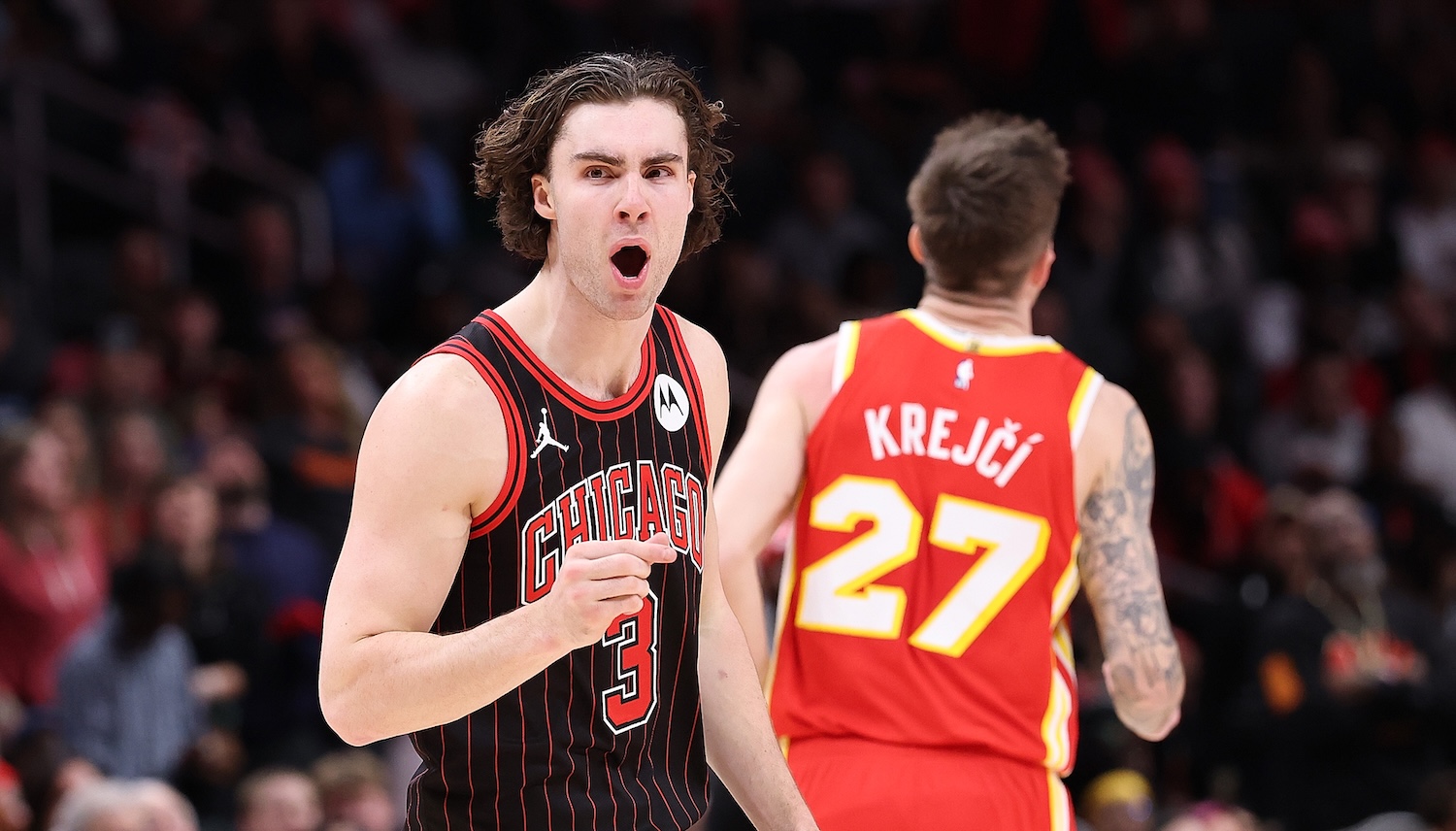
.jpg)

